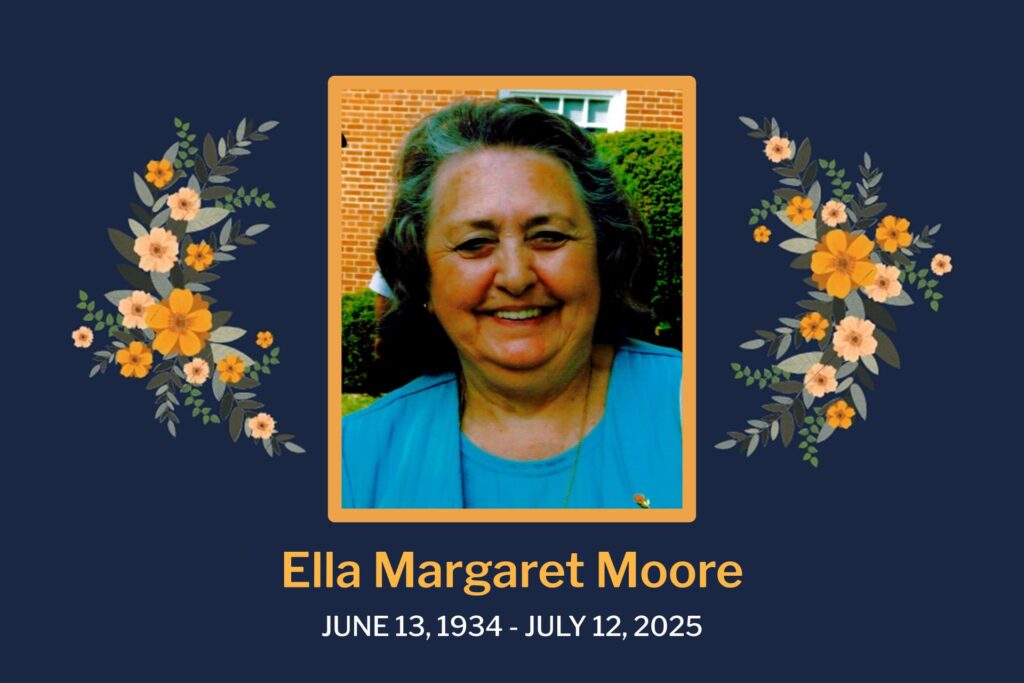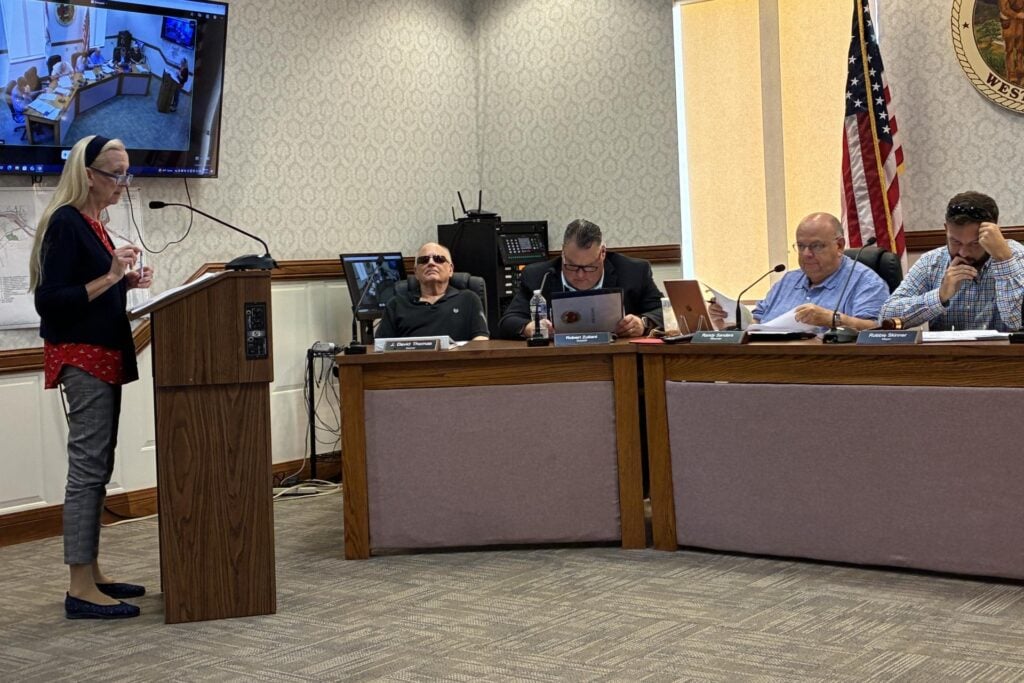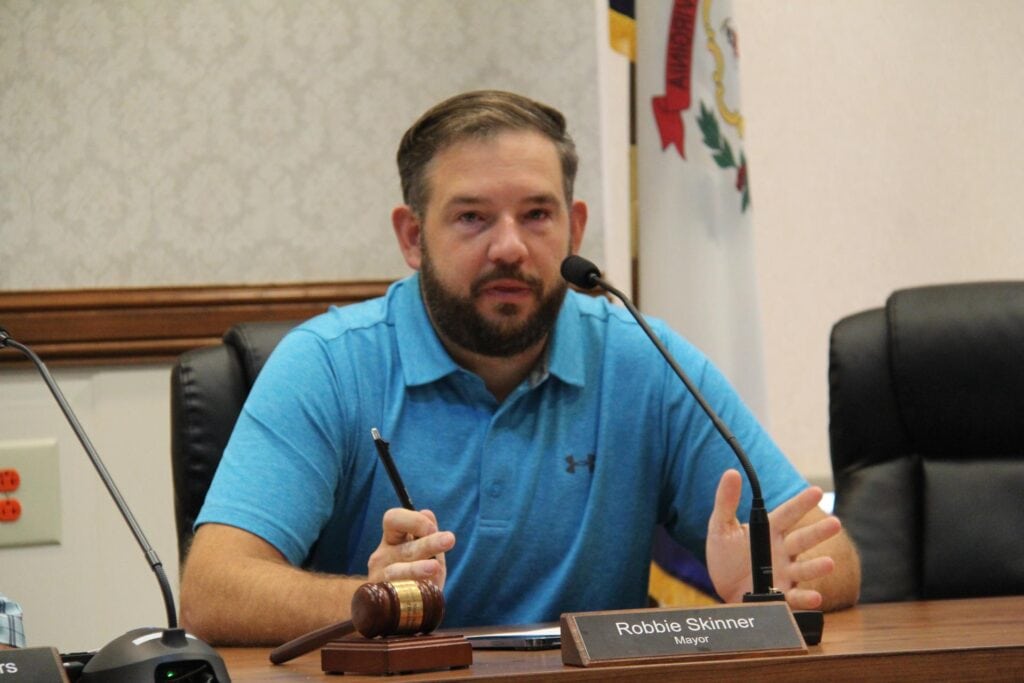BUCKHANNON, West Virginia – The restoration of West Virginia Wesleyan College’s iconic steeple is complete, the finishing touches are being put on McCuskey Hall renovations and the College has launched a campus facilities master planning process that will assess needs as the college looks toward the future.
Vice President for Enrollment and Marketing John Waltz ’01 said, “We are thrilled to see these important upgrades to Wesley Chapel, McCuskey Hall, and to so many of our visible and less visible spaces. The detailed work to beautify public spaces has continued to impress campus visitors from around the country and the world. The campus master plan process will ensure we are meeting the ever-changing needs of students for years to come.”
The $2.2 million McCuskey Hall renovation is wrapping up this summer. The College received a two-to-one match from the Reeves Foundation that combined with donor-raised dollars for a $652,000 contribution. This investment, along with existing College funding, made the project feasible.
The second and third residential floors of the hall have been remodeled with rooms receiving individualized heating and cooling units, fresh paint, new ceilings, and floors. Plumbing and wiring have been replaced and the stairwells and hallways have been upgraded. New energy-saving LED lighting is part of the renovation. A new roof capped off the project.
Wesley Chapel’s steeple, a campus icon, was renovated by Steeplejacks of America. Work began in 2022 and took a break over winter. The project has involved replacing wood where needed as well as cleaning, scraping, sanding, caulking, and painting the steeple with a long-life paint. The louvers were also replaced. Work was completed just before the West Virginia Annual Conference of the United Methodist Church meeting.
The College is also launching a campus facilities master plan process to fall in line with the strategic planning process.
Denny McMaster, vice president for finance, said, “The whole purpose of the master plan is to tell us where we are at and to help us develop a plan of action.”
From data collection to the final report, the master planning process will be a series of eight steps that looks at such items as space utilization, sustainability, parking, and pedestrian flow. The master plan will involve input from students, faculty, and staff from all areas of the campus. The College last undertook a master plan process in 2009.
The master plan will be submitted to the board of trustees for review later this fall.













